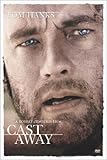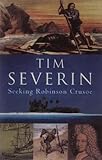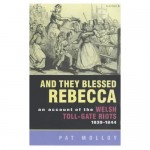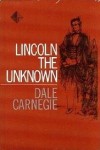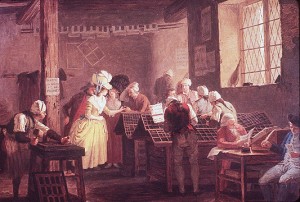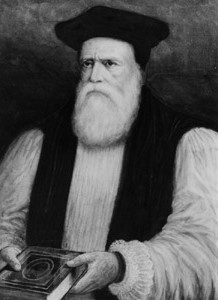Rating: 




Wild Wales (1862) by George Borrow, The people, language and scenery, Chapter XCIX (99)
It has been said you will likely learn more about George Borrow than about Wales when reading this book. It is well worth reading, but the sub-title is very misleading! Borrow was a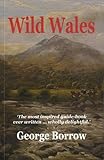 Norfolk man, with a passion for all things Welsh, and proud of the knowledge of Welsh he acquired from books. One of his many eccentricities was a habit of correcting the Welsh of his tolerant listeners! I hope by quoting the following encounter at an inn at ‘Gutter Vawr’ (Goitre Fawr), a sense of his enthusiastic style and attitude may be discerned. This was after all, the era of Stanley and Livingstone ( “Dr Livingstone, I presume?“), and before the English went forth empire building, they practiced nearer home. Borrow was never slow to air an opinion, or hide a well-honed prejudice, such that it is worth remembering that those readers familiar with his writings, discern a generosity of spirit at variance with a casual encounter. We should of course not forget the attitude of his contemporaries, when most men of his standing would consider it beneath their dignity to even acknowledge the presence of the people Borrow happily converses with. What a contrast to today’s hectic pace, was Borrows’ casual scheme to leisurely walk the length of Wales!
Norfolk man, with a passion for all things Welsh, and proud of the knowledge of Welsh he acquired from books. One of his many eccentricities was a habit of correcting the Welsh of his tolerant listeners! I hope by quoting the following encounter at an inn at ‘Gutter Vawr’ (Goitre Fawr), a sense of his enthusiastic style and attitude may be discerned. This was after all, the era of Stanley and Livingstone ( “Dr Livingstone, I presume?“), and before the English went forth empire building, they practiced nearer home. Borrow was never slow to air an opinion, or hide a well-honed prejudice, such that it is worth remembering that those readers familiar with his writings, discern a generosity of spirit at variance with a casual encounter. We should of course not forget the attitude of his contemporaries, when most men of his standing would consider it beneath their dignity to even acknowledge the presence of the people Borrow happily converses with. What a contrast to today’s hectic pace, was Borrows’ casual scheme to leisurely walk the length of Wales!
THE old woman who confronted me in the passage of the inn turned out to be the landlady. On learning that I intended to pass the night at her house, she conducted me into a small room on the right-hand side of the passage, which proved to be the parlour. It was cold and comfortless, for there was no fire in the grate. She told me, however, that one should be lighted, and going out, presently returned with a couple of buxom wenches, who I soon found were her daughters. The good lady had little or no English; the girls, however, had plenty, and of a good kind too. They soon lighted a fire, and then the mother inquired if I wished for any supper.
“Certainly,” said I, “for I have not eaten anything since I left Llandovery. What can I have?”
“We have veal and bacon,” said she.
“That will do,” said I; “fry me some veal and bacon, and I shan’t complain. But pray tell what prodigious noise is that which I hear on the other side of the passage?”
“It is only the miners and the carters in the kitchen making merry,” said one of the girls.
“Is there a good fire there?” said I.
“Oh yes,” said the girl, “we have always a good fire in the kitchen….”
Continue reading Wild Wales (1862) by George Borrow





